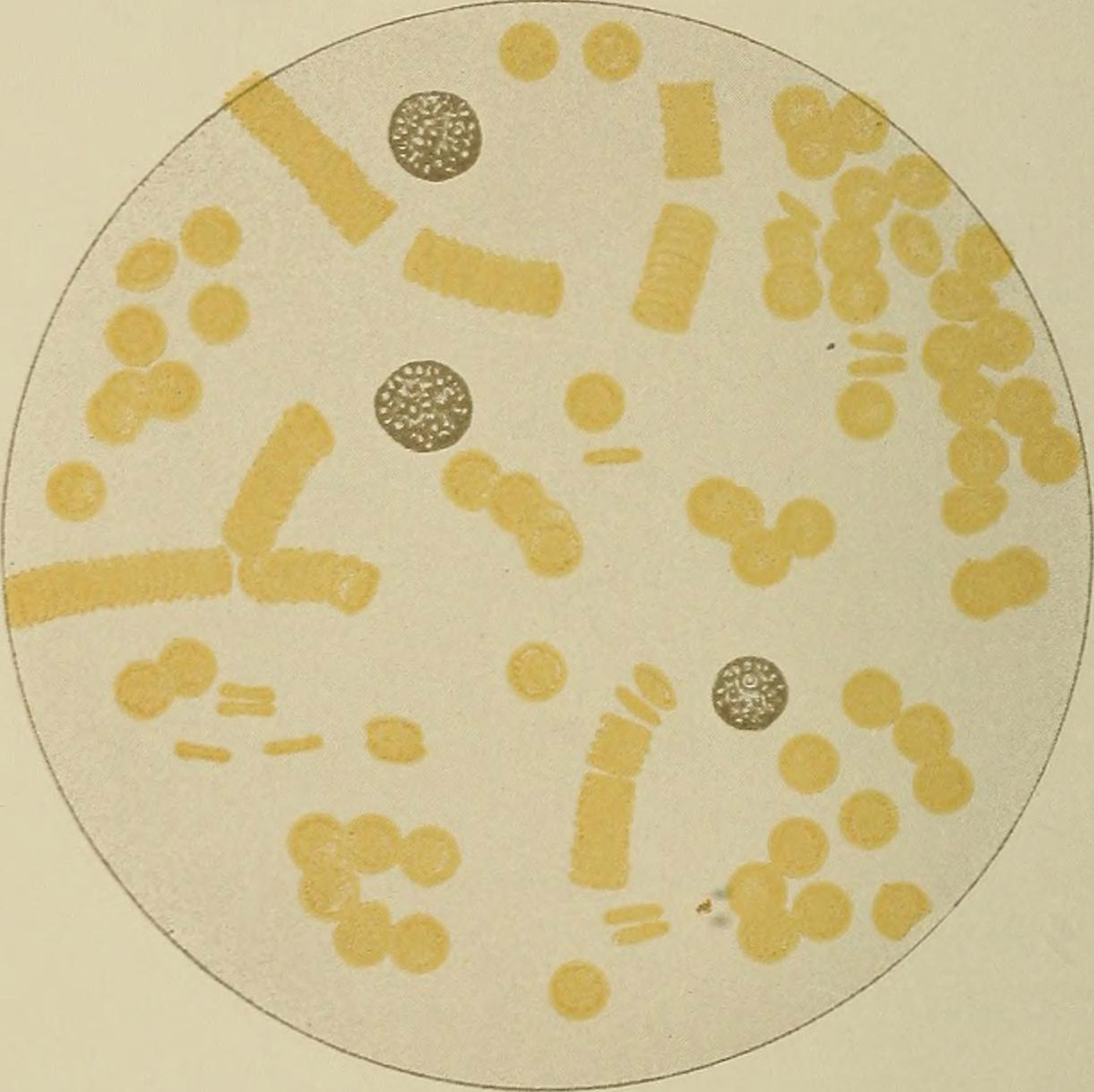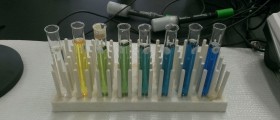
Information on Lutein
Lutein got its name from the latin word luteus which translates as yellow. Lutein is a yellow pigment which comes from the group of xanthophylls and it is usually associated with positive and beneficial effects it has on the human body. It also comes from the family of carotenoids and it is in close relation to vitamin A and beta-carotene. It can be found in abundance in certain types of food such as kiwifruit, broccoli, oranges, grapes, spinach, and corn. It is a common belief that it is the most beneficial if ingested with meals that have high contents of fat.
Lutein is known for its numerous health benefits and it is especially efficient in preventing different types of eye diseases. Nowadays it can be obtained through the use of various different lutein supplements. The most popular of them all is the ocuvite lutein, a multivitamin supplement loaded with mineral and strong antioxidant properties.
Side Effects
Lutein should always be consumed in its regular, natural form, instead of being ingested by means of artificial pills. That is because the artificial type of lutein actually gets stored in the human body, since it cannot be produced or processed by the human body. Lutein gets deposited in the human skin and the eyes. When a person maintains a healthy intake of natural lutein, it does not get deposited which means that it is much healthier and it is not harmful in any way.
Lutein can come in very handy when it comes to the reduction of the aging process of eyesight. A carefully measured intake of lutein can significantly reduce the risk of cancer, age related macular degeneration or some other retinal disorders. The side effects of lutein are dependent on a large number of different factors. Such factors include age, weight, gender status of eyesight and certain other facts about the particular patient. Ingestion of lutein must be carefully observed by a physician or even better, and ophthalmologist.
Lutein is responsible for two most common negative side effects. The first one is quite generic and it may include the symptoms of common cold, cough, breathing problems and chest pain. Severe cases may also be characterized by swelling and itching of the facial skin. Rare cases may include impaired vision, itchy eyes, certain digestive problems and heartburn. It may also trigger carotenosis, which can be recognized by the discoloration of the skin.

















Your thoughts on this
Loading...